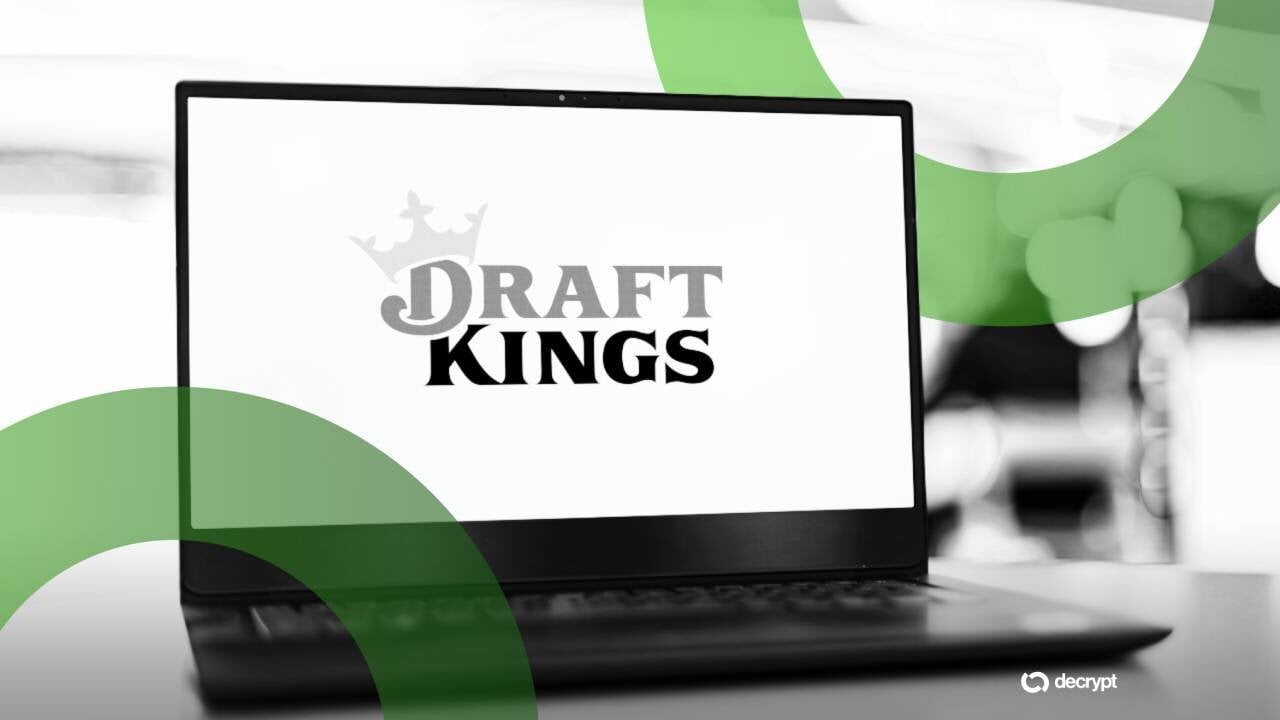In brief
- Neobank Revolut has secured a Markets in Crypto-Assets (MiCA) license in Cyprus.
- The license enables Revolut to provide and market crypto-asset services across all 30 markets in the EEA under MiCA legislation
- The move opens a path for Revolut to issue its own stablecoin, with the company having been in conversation with at least one crypto-native company regarding the venture, sources told Decrypt in June 2025.
Revolut, one of Europe’s most popular digital banks, has obtained a Markets in Crypto-Assets (MiCA) licence from the Cyprus Securities and Exchange Commission (CySEC).
The licence could allow Revolut to provide and market crypto-asset services across all 30 markets in the European Economic Area (EEA) under the MiCA legislation, through a provision known as “passporting,” though it could still need to undergo additional scrutiny from individual EU states.
In addition, Revolut announced it is set to launch “1:1 conversion between stablecoins and USD,” without spreads (the difference between the buy and sell prices for currencies.)
Costas Michael, CEO of Revolut Digital Assets Europe, said that receiving the licence “is a significant step in our journey, reflecting CySEC’s confidence in our commitment to regulatory compliance in crypto.”
He added: “It’s no secret that we have ambitious plans for the crypto sector in the future, and our MiCA licence is fundamental to all of that.”
The neobank has been providing crypto trading since 2017 in some regions, but the crypto services it offers customers have expanded steadily since then. In November 2024, it launched Revolut X, a standalone crypto exchange, across all 30 European Economic Area countries, giving users the ability to trade 200 cryptocurrencies via its desktop-based platform.
It’s not just Revolut that is using Cyprus as its gateway to MiCA approval. Back in January, Coinbase acquired the Cyprus-based unit of BUX, rebranding it as Coinbase Financial Services Europe ahead of winning its own European MiCA licence in Luxembourg.
Stablecoin ahead?
The news comes amid rumors that the bank may launch its own stablecoin—speculation that has circulated for more than a year. In June 2025, two sources familiar with the matter told Decrypt that the bank was continuing to pursue the creation of its own stablecoin, though Revolut has not officially commented on the reports.
On Myriad, a prediction market launched by Decrypt’s parent company Dastan, users are skeptical that a Revolut stablecoin launch is imminent, placing just a 25% chance on the neobank launching a stablecoin before the end of the year.
Sadri Sali, a Netherlands-based lawyer specializing in EU crypto regulation, told Decrypt that with MiCA approval, “the introduction of a Revolut stablecoin by 2026 appears to be a plausible development, particularly once the issuer regime under MiCA is fully operational.”
“In practical terms, Revolut is now positioned to legally issue its own stablecoin under the EU framework,” Sali added, noting that the firm would need to “activate their Lithuanian Electronic Money License (EMI) and ensure compliance with European Banking Authority (EBA) supervision should the token attain a level of significance.”
Sali noted that a MiCA license “in and of itself does not grant permission for the issuance of stablecoins.”
“According to MiCA Title IV, the issuance of e-money tokens (EMTs) is restricted to credit institutions and electronic money institutions (EMIs),” the lawyer said. “In contrast, asset-referenced tokens (ARTs) necessitate a distinct issuer authorization along with an approved whitepaper.”
He explained that Revolut’s entity in Cyprus operates as a CASP, functioning as a service provider rather than an issuer, and noted that the firm possesses an EMI license in Lithuania, “providing a legal framework for the issuance of stablecoins.”
Should Revolut decide to use its Lithuanian EMI license to launch a stablecoin, “it is essential to draft a whitepaper that adheres to MiCA standards while also guaranteeing complete compliance with reserve, governance, and redemption protocols,” Sali said.
In addition, he thinks that many other companies could soon be eyeing stablecoin launches in the EU, citing conversations he’s had with clients asking for legal advice. However, he believes that many smaller and mid-sized challenger banks may be put off by the intense potential costs of complying with and doing the necessary reporting under EU anti-money-laundering provisions, saying that doing so as a bank could require “hundreds” of salaried compliance officers.
Sali said that a “significant number of participants have adopted a ‘wait-and-see’ approach” to issuing stablecoin and that “Revolut has now provided a clear framework for action,”
Decrypt has contacted Revolut for comment.
Daily Debrief Newsletter
Start every day with the top news stories right now, plus original features, a podcast, videos and more.
Source: https://decrypt.co/345674/revolut-secures-mica-license-in-cyprus-is-a-stablecoin-next


